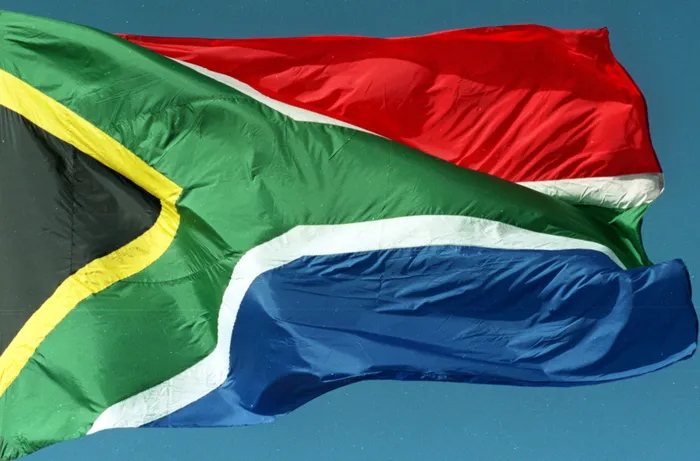The departure of Afrikaner refugees: A reflection of fear and privilege in post-apartheid South Africa

Afrikaner refugees spark debate in South Africa over racial identity and privilege.
Image: Leon Muller Independent Newspapers
The departure of 49 Afrikaner refugees to the US has sparked vigorous debate within South Africa, with political analysts suggesting that the move reflects deep-seated fears rooted in racial identity and a perceived loss of privilege since the end of apartheid.
Yesterday, a group of 49 Afrikaner refugees departed South Africa for the United States amidst rising political tensions and controversial statements from former US President Donald Trump, who recently accused the South African government of committing genocide against white minorities.
Experts Cite Fears of Retaliation and “White Victimhood”
Independent political analyst and senior lecturer at the University of Limpopo, Dr Metji Makgoba, commented on the issue, suggesting that many of the Afrikaners leaving South Africa are suffering from a sense of “white victimhood.”
“Many parts of the world are democratic, and if people feel unhappy with their circumstances, they are free to move elsewhere,” Makgoba said.
Since 1994, the South African government has pursued a path of reconciliation. There has been no targeted genocide against white people, nor have there been policies aimed at eradicating or oppressing them based on race.”
He added that these fears are often rooted in anxiety and perceived threats rather than reality.
“What we are dealing with here is a culture of white supremacy and fear of retribution,” Makgoba explained.
The Broader Context: Crime and Economic Challenges
Makgoba also emphasised that the narrative of victimisation overlooks the broader social and economic context.
South Africa faces significant challenges related to crime, inequality, and economic disparity—issues that affect all citizens, regardless of race.
“The crime rate is high, and everyone is impacted—black, white, and others,” he stated.
“Many have improved their security, such as installing gates or hiring private security. But these issues are not exclusive to white communities, nor do they justify fleeing the country.”
Historical and Social Dynamics
Some white South Africans, feeling marginalised or fearful of losing their privileges, have chosen to seek safety elsewhere, often citing security concerns as their primary motivation.
Makgoba emphasised that the political landscape has shifted toward greater inclusion.
“The government’s reconciliation efforts have been genuine, and most South Africans seek peace and stability,” he said.
“The departure of these Afrikaners reflects more individual fears and perceptions than systemic persecution.”
Skepticism Over the Refugee Claim
Political analyst Sandile Swana expressed skepticism about the refugees’ claims, asserting that there is no evidence of genocide or targeted threats against white Afrikaners in South Africa.
“In regions like Eritrea, the DRC, and Sudan, refugees flee well-documented dangers and persecution, however, in South Africa, there are no documented threats targeting white Afrikaners or individuals based on their political or religious beliefs."
South Africa’s Response
The Department of International Relations and Cooperation has also responded to the US’s stance on granting asylum to these individuals, criticising the use of the term “refugee” as politically motivated and an attempt to undermine South Africa’s sovereignty.
Spokesperson Chrispin Phiri stated, “Even if there are allegations of discrimination, these do not meet the threshold of persecution required under domestic and international refugee law.”
thabo.makwakwa@inl.co.za
IOL Politics
Related Topics:
